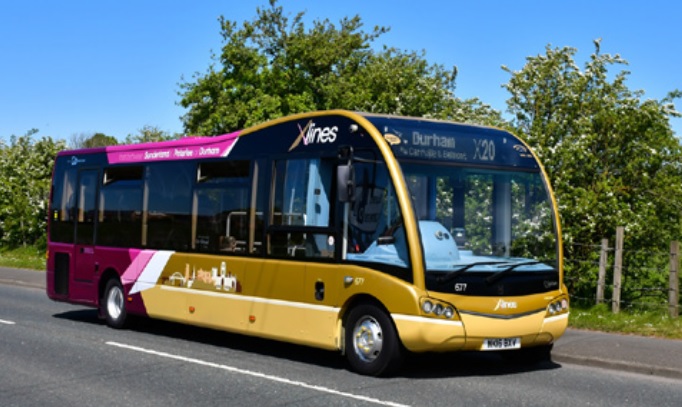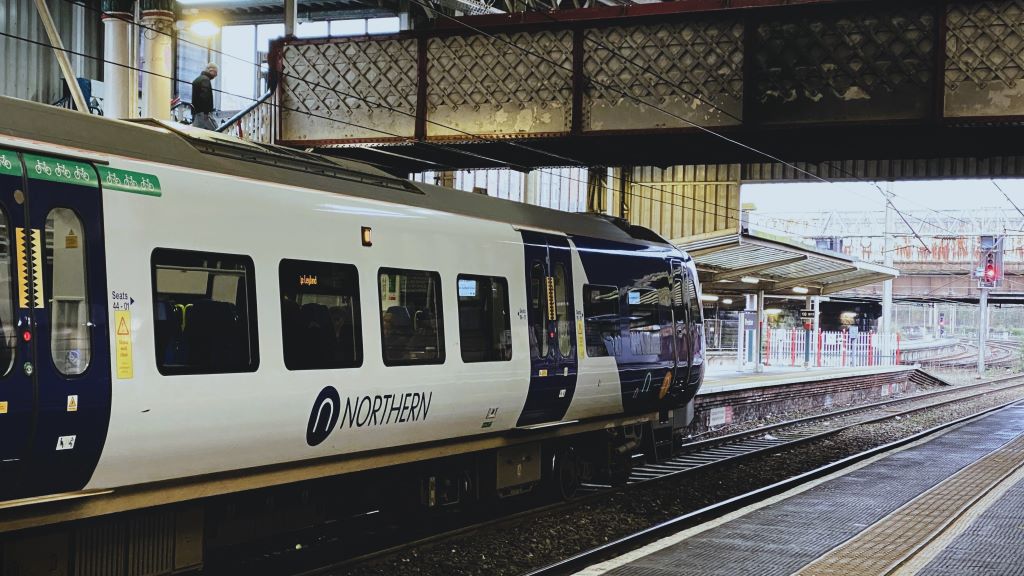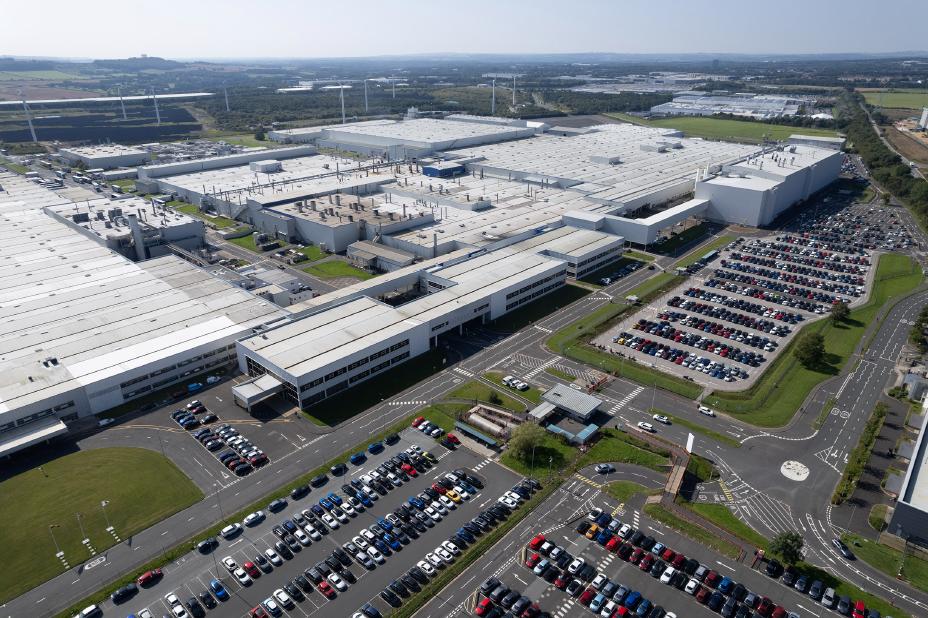Mayor initiates plans for ‘Angel Network’
Kim McGuinness’s first steps as the North East’s Mayor will be to address the region’s “broken” transport system.
During the inaugural North East Mayoral Combined Authority meeting, held in Durham, McGuinness reiterated her manifesto commitment to bring buses under the control of a centralised system: the Angel Network.
The announcement that the options appraisal process for bringing buses in the region under public control had begun came the morning of her first duties as Mayor. McGuinness told the meeting she was determined to set about “fixing that broken transport system”.
Support for the policy, which follows the success of integrated transport systems in Greater Manchester with its Bee Network, is widespread among the region’s councillors.
Cllr Martin Gannon, Leader of Gateshead and chair of the North East Joint Transport Committee, said: “Bus services in this region are letting down the people that we represent.
“It’s not just about improving services, it’s about improving the quality of life.”
Bus services in the region are currently operated by Arriva, Go North East, and Stagecoach and currently 89% of bus services are run commercially.
The combined authority’s desire for an integrated bus network stems from public frustration with irregularities over ticket validity and a lack of a cohesive timetabling and pricing system.
Improving the efficiency of the bus network is intended to reduce the number of individuals using private transport to commute, which stands at around 60% of journeys to-and-from work.
Additionally, with less congestion on North East roads, bus services will be faster and more environmentally friendly.
The Mayor’s office said that a comprehensive plan of transportation, covering active travel and the Metro, will be published in the coming weeks.






Next: nation-wide railways, buses, power, water and telecoms which are all natural monopolies (a national economics term) and work most efficiently for every body in an integrated network. It’s not just national economic sense but also common sense; or else why not privatize the roads. Even the Tories are not that mad; or are they?
By Anonymous